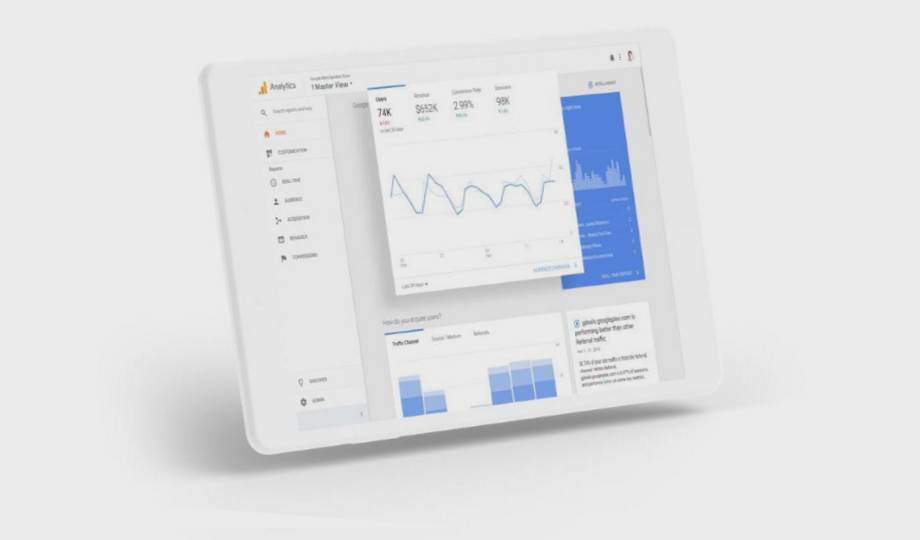Google Analytics is one of the most popular website analytics tools available. By adding a tiny piece of code to your website (or even simpler, installing a plugin on a WordPress site), you can monitor how visitors interact with your web pages. Analytics will tell you how many visitors you received, which pages they visited, how long they stayed online, and much more.
However, this wealth of data can be a double-edged sword. With so much information, it can be difficult to understand what you’re looking at. Some of the terms that Google uses aren’t intuitive, and can lead to confusion. In response, we’ve put together this post to clarify the differences between three of the most common data metrics in Google Analytics:
What’s the Difference Between Users, Sessions, and Pageviews?
The main reason website owners use Analytics software is to gauge their traffic, or how many people are visiting their website. However, as you dig into the Analytics interface, it’s not always clear how best to gauge your site traffic. There are many different metrics that correspond to traffic, each slightly different than the last. The big three are Users, Sessions, and Page Views. All three measure slightly different things:
- Users represent individuals that visit your site. If that same User leaves your site and comes back later, Google Analytics will remember them, and their second visit won’t increase the number of Users (since they have already been accounted for in the past).
- Sessions represent a single visit to your website. Whether a User lands on one of your web pages and leaves a few seconds later, or spends an hour reading every blog post on your site, it still counts as a single Session. If that User leaves and then comes back later, it wouldn’t count as a new User (see above), but it would count as a new Session.
- Pageviews represent each individual time a page on your website is loaded by a User. A single Session can include many Pageviews, if a User navigates to any other web pages on your website without leaving.
Sign up for our email newsletter for more Google Analytics tips and tutorials.
What is a Unique Pageview?
When a user lands on the site and visits multiple pages, those pageviews make up a session. But what happens when a user reloads a page or hits the back button to view the last page again? They will still be counted as pageviews, but they won’t be unique. A pageview is only unique the first time a user lands on a page during a single session. If a user leaves the site and comes back, starting a new session, they can revisit the same page and trigger another unique pageview.
If you’re seeing a lot more pageviews than unique pageviews on your site, that means that users are revisiting multiple pages without leaving the site. This could be a good thing or a bad thing depending on your goals for the site.
Which Metric Should I Look At?

In general, you should focus on all three of these metrics to improve your site traffic. However, depending on your website’s purpose, some metrics may be more important than others.
For example, many sites make money off of ad impressions, or the number of times an ad is seen on a website. Every time a page on the site loads, ads are displayed, and the site makes a little bit of money. In this case, revenue is tied directly to Pageviews; Users and Sessions are less relevant.
Why? Well, whether one User views ten different pages, or ten different Users each view one page each, the number of ad impressions is the same. The more pages that are viewed, the more money the site makes. To increase revenue, you could focus on bringing in more Users, or you could focus on getting the existing group of Users to view more pages (by increasing the length of their Sessions). But either way, your end goal is really to increase the number of Page Views.
As a counterpoint, many other sites make money from lead generation. When a User calls or fills out a form, the site makes money. A User can’t sign up twice, so in order to keep making money, this site needs a constant stream of new Users. Page Views and Sessions may be less important (but still not irrelevant).
In short, while getting Google Analytics up and running on your site is easy, understanding the data that it gives can be difficult. However once you understand the basics and have a keen understanding of your site’s goals, the picture becomes much clearer. And if not, feel free to give us a call!

